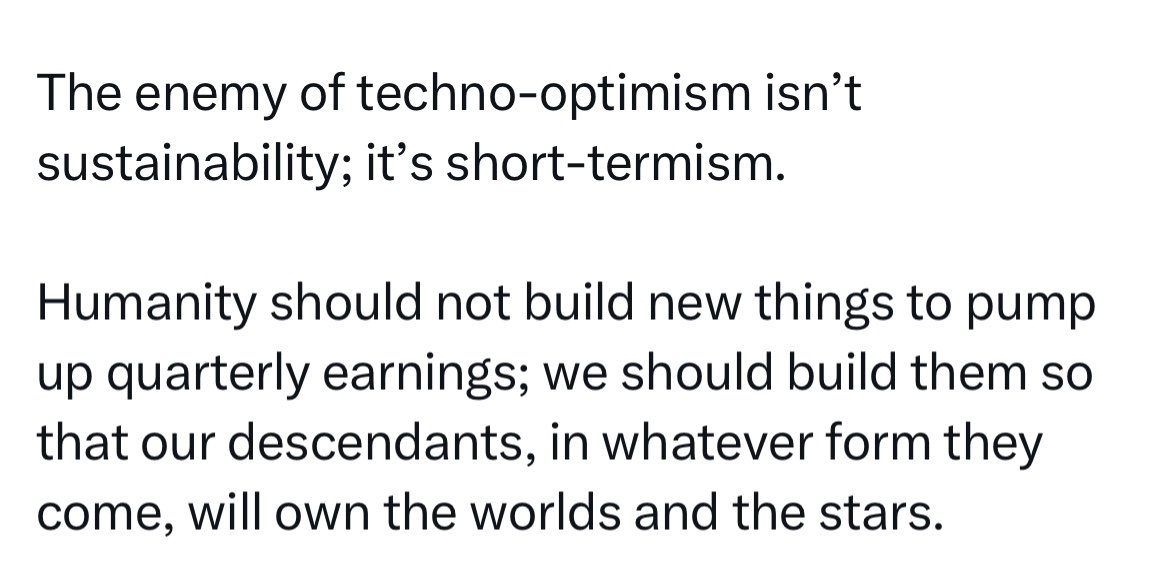Sublime
An inspiration engine for ideas
As people contort themselves to please the algorithm for short-term payouts, there’s even more of the less legible, less liquid, but ultimately more important long-term value up for grabs for you if you continue to just be yourself and talk about whatever lights your fire, algorithm be damned.
Packy McCormick • A Market For (Almost) Everything

Do you have a “number one principle” that guides you through the ups and downs of running a business?... See more
While it’s not a principle, I often think of the parable of the Taoist farmer. The Taoist farmer has one horse, and the horse runs off. The villagers lament his misfortune, and he replies “We’ll see.” The horse returns with four more horses, and
Morgan Housel • What We’re Reading



Unpredictable success of online writing, compounding “marinated” ideas, and obsessive hobbyist passion versus audience-metric capture.
TRANSCRIPT
What's funny about it, maybe just like a thought about writing effort in general, like writing on the internet really feels like constantly playing some kind of mysterious roulette game. I think Venkatesh Rao kind of describes it as like in the same way, like with your investments, you don't want to time the market. And you just kind of
... See more

